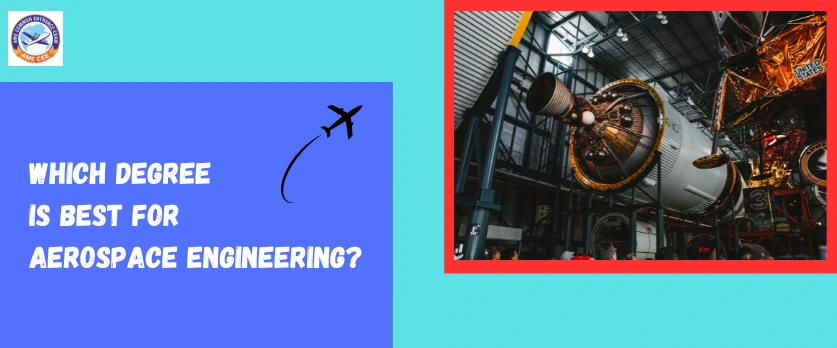The most common and widely accepted degree for pursuing a career in aerospace engineering is a Bachelor of Science (B.Sc.) or a Bachelor of Technology / Bachelor in Engineering (B.Tech. /B.E.) in Aerospace Engineering or Aeronautical Engineering. These undergraduate programs typically provide a comprehensive curriculum covering the principles and applications of aerospace engineering.
Aerospace engineering programs usually include coursework in areas such as:
Aerodynamics
Study of the behavior of air and other gases in motion, particularly in relation to the design of aircraft.
Structures and Materials
Understanding the materials used in aerospace engineering and how they behave under different conditions, as well as the design and analysis of aircraft structures.
Propulsion
Exploration of the principles and technologies involved in aircraft and spacecraft propulsion systems, including engines and rockets.
Control Systems
Study of systems used to control the flight and stability of aircraft and spacecraft.
Flight Mechanics
Analysis of the forces and motion of aircraft in flight.
Space Systems
Introduction to the design and operation of space systems, including satellites and spacecraft.
Avionics
Study of electronic systems used in aircraft, including communication, navigation, and instrumentation.
Computational Fluid Dynamics (CFD)
Application of numerical methods to analyze the behavior of fluids, particularly air, in motion.
When considering a degree in aerospace engineering, it’s essential to choose a program accredited by the relevant educational authorities. Additionally, universities and colleges with strong ties to the aerospace industry or research institutions may provide additional opportunities for hands-on experience, internships, and collaboration with industry professionals.
While a bachelor’s degree is the foundational requirement, some individuals choose to pursue master’s or doctoral degrees for advanced research, leadership roles, or specialized positions within the aerospace field. Specialized master’s programs, such as those focused on space systems engineering or aeronautics, may be of interest to individuals looking to deepen their expertise in specific areas.
In summary, a B.Sc. or B.Tech. /B.E. in Aerospace Engineering or Aeronautical Engineering is the most common and suitable degree for those aspiring to enter the field of aerospace engineering. It’s essential to choose a program that aligns with your interests, career goals, and provides a solid foundation in the core principles of aerospace engineering.
To become an aerospace engineer you may could join aerospace engineering through AME COMMON ENTRANCE EXAM (AME CEE) this examination you may join Aerospace Engineering approved by AICTE.


